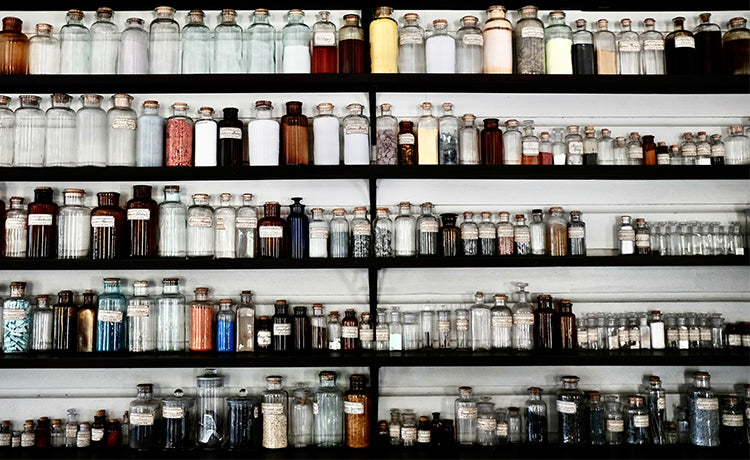Last Wednesday, California passed the Toxic-Free Cosmetics Act, the nation’s first state-level ban of 24 toxic chemicals, including mercury and formaldehyde, from personal care products. It’s a big step towards cleaner beauty—the last time Congress voted to regulate the safety of cosmetics was in 1938—but we still have a long way to go to ensure men, women, and children are kept safe.
“It’s been decades since laws have been changed to keep up with the modern-day use of chemicals in cosmetics,” says Tracey Woodruff, PhD, MPH and the director of reproductive health and the environment at the University of California San Francisco. “Still, it’s not often you see bills this short—the back of your shampoo bottle cites a lot more chemicals than this.”
The bill’s list of banned chemicals, all of which remain unregulated by the FDA on a national level, have links to cancer, birth defects and hormone disruption. Mercury, a neurotoxic agent that is found in some skin lightening products, can harm the developing brain of the fetus in a pregnant woman. “High levels of mercury have been shown to influence a lower IQ later in childhood,” says Woodruff. Formaldehyde is a known carcinogen, and it’s used in hair straightening treatments which are most often targeted at women of color—a possible reason why Black women are 60 percent more likely to develop breast cancer. And phthalates, which are used as preservatives in skincare products, are endocrine disruptors, meaning they can alter the production, function, and life of the body’s hormones.
It’s important to note that other chemicals listed in this bill have already been phased out by industry manufacturers, such as per fluorinated compounds, which are no longer found in personal care products but still may be detected in repellents such as Teflon pans or Gore-Tex; they present multiple toxicities in air, water, and bloodstreams, says Woodruff, and they are very "persistent," meaning they don't break down in the environment. Perhaps even more eye-opening is the fact that most of these chemicals, if not all, have already been banned by the European Union, begging the question: What took so long?
“It’s an uphill battle,” says Woodruff, explaining that the cosmetics industry is a $60 billion-a-year business. “The people who make these chemicals have financial incentive to downplay the science and slow down legislative and regulatory activities and say everything is just fine—their financial interests are more heavily weighed than the public’s health.”
What we need, continues Woodruff, is structural change. “We need a more comprehensive approach that identifies, tests and determines which chemicals are and are not harmful before they’re put into products,” she says, explaining that just because a certain phthalate is banned doesn’t mean manufacturers won’t replace it with another, equally dangerous phthalate in the future.
Still, experts like Woodruff hope the passing of this state legislation, which raises awareness and encourages a healthy skepticism about the blind trust placed in the cosmetics industry, will influence national legislation like the proposed Personal Care Products Safety Act. The bipartisan bill pledges to overhaul the regulation of personal care products by requiring companies to disclose ingredients and their concentrations, allowing the FDA to recall questionable products, strengthening consumer warning labels, and much more.
The best way to build momentum from the sidelines? Make smart purchasing choices that signal you care, shop at stores that sell cleaner products, and, in a message that feels near universal this year, vote at the state and local level. “It's the best way to tell your legislator your opinion on what you want them to do," say Woodruff. Because we all deserve to know that what we put in and on our bodies is safe.
For more on Westman Atelier's clean beauty mission, click here. Plus, all about our best-selling Eye Love You mascara, featuring 96% natural-origins ingredients, lush volumizers and clean black pigments? Good choice.










